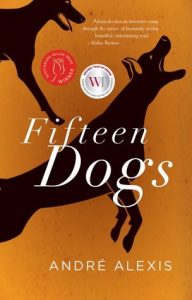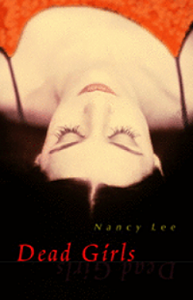I have a great story to tell you.
Eons ago, when the divine still walked the Earth in their purest forms and still favoured humankind as their best creation, there was a lonely white butterfly. The butterfly flew from shoreline to shoreline, from city to city, searching for a companion. At the very same time, a little girl was wandering across vast plains trying to catch up to a goddess who had saved her life, hoping to give them her thanks. It was on these very plains, at the edge of a riverbank that the little butterfly found its companion. The butterfly promised the little girl that it would do anything in its power to help the little girl find the goddess who saved her life, anything at all. So their journey began, a little girl and a white butterfly hoping to find a goddess among the vast lands upon the Earth.

The journey was a long one, but it was one that brought bloodshed and wrought havoc wherever the pair went. You see, the butterfly was not lying when it said that it would and could anything to fulfill the girl’s desires. Meanwhile, the girl’s hunger for satisfaction became insatiable, and her desires grew exponentially. The girl had a rapacious lust for power and found happiness in leaving a trail of blood leading from one city to the next. When the girl finally reached the gates of the goddess’ temple, she was drenched from head to toe in the blood of innocents and bedecked in the most exquisite jewellery that could be found. The goddess, having heard the news of the girl seeking her, went to meet the child she saved and was devastated by what she saw.
“Come, child, I will release you from your suffering and save you once more” and with one wave of her hand, the goddess released the girl from her worldly ties and sent her soul towards the stars. The butterfly, escaped unscathed, in search for a new companion.
The butterfly had spent the duration of their journey whispering dreams into the girl’s ears and the girl dreamt them into existence just as much as the butterfly spoke life into them.
“Once you have told a story, you can never take it back. So be careful of the stories you tell, AND the stories you listen to.” (King 10)

Writing the story was the easy part, telling the story was the hard part. A lot of it had to do with the fact that my audience could not relate to the story. Each person already held a preconceived notion of how evil came to Earth and my story was apparently not the right one. There was always a little detail that made the story unbelievable. Having played the role of the storyteller, I was reminded of Chimamanda Ngozi Adichie’s TED Talk about the dangers of telling one story. Every single story about a culture or a person changes the way that culture or a person is perceived. Every character holds power within their words and the stories that they tell you can control your soul and your entire existence. That is why we should be mindful of the way we speak and the stories we are spreading with our words because words have a mind and power of their own.


